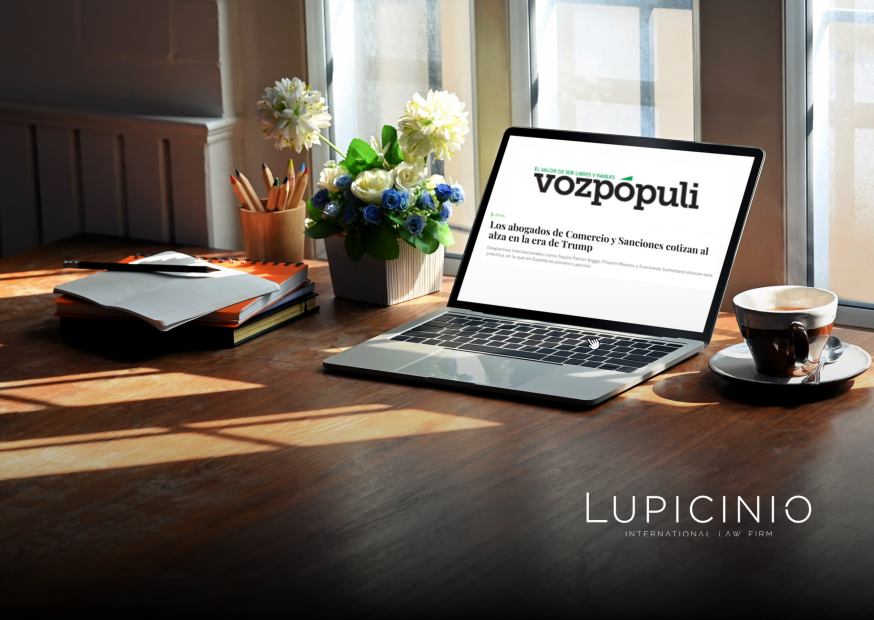Tomorrow, November 4th, the second package of secondary sanctions that the Trump Administration has reintroduced against Iran takes effect. The secondary sanctions are those that affect any subject even if they lack links with the US; for instance, it may affect spanish businessmen completely detached from that country. Sanctions related to transactions are reintroduced (i) with port and shipping companies; (ii) with certain Iranian oil companies and financial entities; (iii) with the provision of financial messaging services, insurance and reinsurance; as well as (iv) those of the energy sector.
Apart from this, we must add that on the same date, these sanctions will also be reintroduced to certain Iranian individuals and legal entities. This new sanctioning block is in addition to the sanctions already reintroduced on August 6th, which refer to the acquisition of dollars by the Government of Iran, the sale of gold, precious metals and certain materials and industrial metals, transactions with Iranian rials, facilitation of issuance of sovereign debt or the automotive sector.
The European Union, which is radically opposed to this US policy and wants to remain in the Nuclear Agreement of 2015, has already taken measures to protect European businessmen and their operations against secondary US sanctions. The first step was to hold talks with the White House in order to find a friendly way out, such as European companies benefitting from a General License in order to operate with Iran or – at least – in some of its most important sectors. But this friendly option failed. The second step was materialized in the antidote, or blocking, regulation that grants protection to European citizens and companies and their assets in the EU against the effects of the extraterritorial application of the legislation adopted by the US, and against actions based on in it or derived from it.
But the persisting big problem is the financing and the realization of the payment and collection of transactions with Iran, since these operations fall squarely within the scope of the Secondary Sanctions and, therefore, it makes it very difficult to find a financial entity willing to intervene in these transactions. Faced with this worrying reality, Federica Mogherini announced in September, after a joint meeting of Russia, China, the United Kingdom, France and Germany with the Foreign Minister of Iran, the creation of a European financial mechanism itself that would assume these functions when other entities refuse to perform them.
It is expected that this mechanism works in a similar way to how Iran already operated with China and Turkey before 2015. That means it would be an entity for the distribution and classification of goods and credits, from which European companies would receive the goods acquired by them in Iran and to which they would make their payments, which would be available in that entity so that Iranian companies could acquire goods in any country of the Union.
Technical difficulties
However, this financial mechanism has not yet been put into operation, and time is already pressing. We can not forget that highly qualified people have pointed out the great technical and factual difficulties that exist, impeding implementation and articulation in a democratic environment. Thus, among other things, the following must be resolved; what will be its legal status, how it will regulate its internal functioning, what personnel will be required and how it will be selected, what will be its headquarters or what will be the origin of your first funds?
On the other hand, the real utility of the mechanism in the sense that the North American authorities can understand, and it is not unreasonable to sustain it, that those who use it incur in fraud to the law and, therefore, will not protect of secondary sanctions to whoever uses it. Until the EU launches its plan it will be necessary to turn to European or third-country financial institutions, with little interest in the United States. For entities of this type, this can be an interesting market niche as long as Iranian entities keep the Swift code as of November 4. But irrespective of this possibility, and in order to avoid a clear legal defenselessness and insecurity of European companies, it is imperative that the European authorities urgently clarify in detail if they are going to start the financial mechanism with Iran and, if so, how do they plan to do it?





